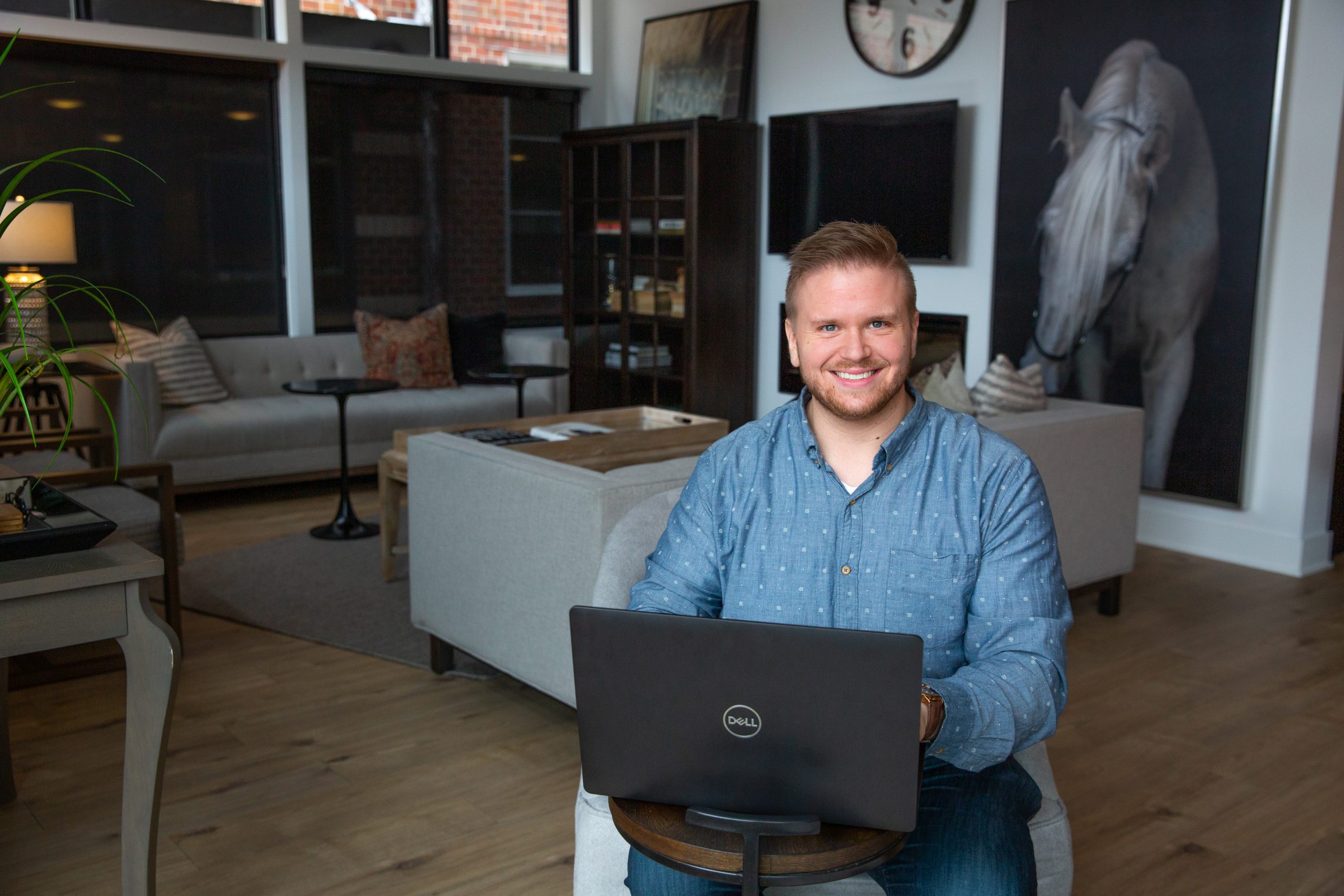Written by Ryan Van Soelen, an expert mortgage loan officer.
Buying your first home is an exciting milestone. You’re laying down strong roots in the community you’ve chosen. It’s also an important investment because most people live in their first home for five to seven years.
If you’re ready to take the plunge, here are three tips to keep in mind:
Review—and if possible, improve—your credit standing.
Your credit impacts your interest rate and whether you get approved for a mortgage at all. So when you’re thinking of buying a home, you need to:
- Know your credit score.
- Resolve any issues that are negatively impacting it (like a late credit card payment or a medical collection).
Most loans require a minimum credit score of 620–640. However, at a small community bank like LSB, we have the flexibility to work with you, even if your score is low. If your credit is poor (or if you don’t have any credit), there are ways you can improve it. For example, you can take out a small-limit or secured credit card and make regular payments to build good credit history.
It usually takes 30 days for changes to be reported to a credit bureau. How long it takes for your score to improve depends on the type of change and your bureau.
[Callout text=”Not sure of your credit standing? We recommend checking out www.annualcreditreport.com.”]
Map out your income and monthly expenses.
The key to figuring out what you can afford is knowing how much you spend each month. Create a list of your expenses—groceries, student loans, credit cards, car payments, streaming services, utilities, etc.—and subtract them from your monthly income.
Make sure you’ll still have income left for the activities you enjoy.
Now ask yourself: What can you comfortably afford to pay each month toward your mortgage? Make sure you’ll still have income left for the activities you enjoy.
Determine your down payment.
How much you put down on a house will steer you toward different loan options. You’ll save long-term if you pay more upfront because less of your payment will go towards interest. Even a little bit can make a big difference. Look at your savings, your retirement accounts, and any gifts or grants you’ve received and decide how much makes sense for you.
Are you ready to talk to a loan officer about buying your first home? Send us a message or call 641-628-1566.
Member FDIC, Equal Housing Lender

